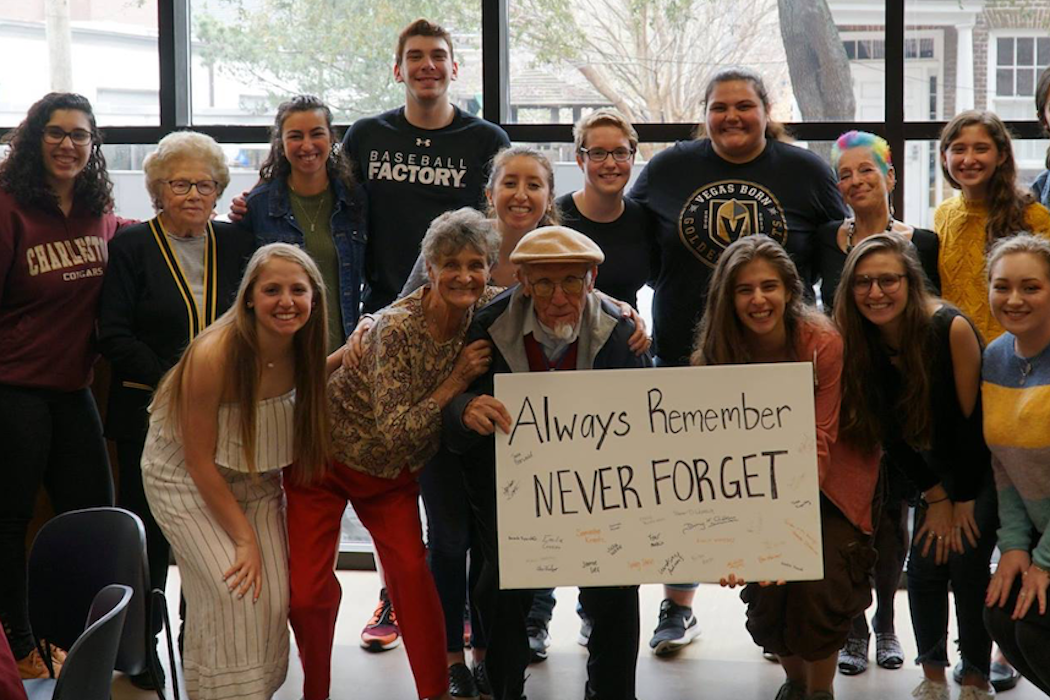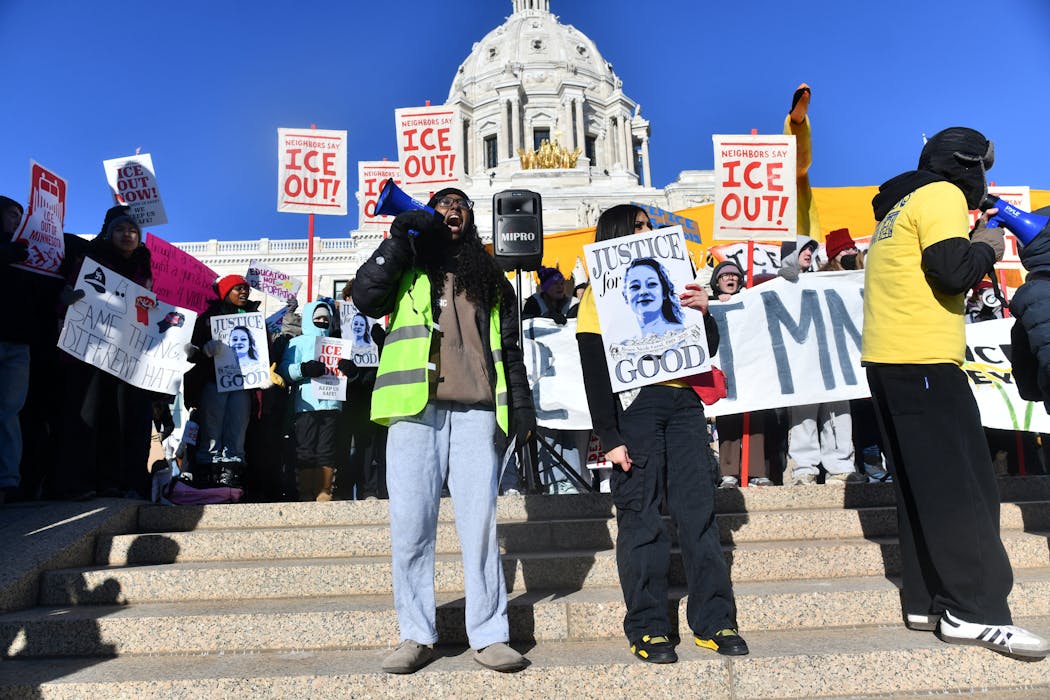Bearing witness after the witnesses are gone: How to bring Holocaust education home for a new generation
- Written by Chad Gibbs, Assistant Professor of Jewish Studies, College of Charleston
 Joe Engel, joined here by fellow Holocaust survivors Rose Goldberg and Diny K. Adkins, along with College of Charleston students, dedicated his later years to speaking about his experiences during the Holocaust.Courtesy of the Zucker/Goldberg Center for Holocaust Studies
Joe Engel, joined here by fellow Holocaust survivors Rose Goldberg and Diny K. Adkins, along with College of Charleston students, dedicated his later years to speaking about his experiences during the Holocaust.Courtesy of the Zucker/Goldberg Center for Holocaust StudiesJoe Engel was and remains an icon in Charleston, South Carolina. Born in...









